International Pillar
The tenth instalment in a year-long series of posts by RFF Founder & Executive Director, Rev. Dr. Brent Hawkes, on the origins, mandate and work of the organization.
International activists have consistently said that religious-based homophobia and transphobia i.e. religious-based discrimination, is the main obstacle to LGBTI human rights and inclusion. This is true for most parts of the world, the exception being some parts of Asia where homophobia and transphobia is anchored to cultural values. For decades, the LGBTI human rights movement has been satisfied with fighting religious-based discrimination and the LGBTI community has often won, however with the rise in fundamentalism of all faiths, we are now losing ground and therefore need to develop a new strategy. The result of this struggle has meant that LGBTI people were forced to choose between their sexuality and/or gender identity, and their religious faith. Being forced to make this choice has been very damaging to LGBTI individuals on many levels including the spiritual level and the emotional level. RFF was established to partner with activists on the ground in various countries, in order to develop long term strategies for changing hearts and minds so that families and local faith communities are safer for LGBTI people. This would result in LGBTI people not being kicked out of their homes or faith communities.
International organizations working on behalf of LGBTI people were consulted and enthusiastically supported the vision for RFF. A symposium following the Parliament of the World’s Religions in 2018 brought together 25 activists to help refine the concept of RFF. And various consultations were held with people working in the field of LGBTI human rights and/or international work.
Our International Pillar involves partnering with organizations, institutions, and communities in selected nations to help them ensure that their communities are inclusive and affirming of LGTBQ2S+ people. This program will engage activist organizations at home and abroad to achieve the goal of full inclusion in anti-colonial, anti-racist, and equitable strategies. The international program shall be a 20-year strategic plan for programming for selected nations to achieve the vision of the RFF movement. This will result in a measurable decline in rates of religious-based LGBTQ2S+ discrimination. To start, we will pilot this initiative in one country with a focus on finding trustworthy LGBTQ2S+ organizations to partner with in a participatory way.
We also established, with the help of international partners, our criteria for establishing the countries we want to work with as follows:
Strategically located. It would also be helpful if there are some strong and trusted regional structures.
Established and respected LGBTI organizations to work with.
Relatively safe countries for our initial work (safe for people on the ground etc.)
The first country needs to have Christianity as its most predominant religion so that we can begin with what we know most about and to be able to focus our resources.
One or two languages which RFF can either learn, or find the resources for respectful translation done in good faith.
Existing progressive faith groups to work with.
Needs to be an Official Development Assistance (ODA) country
Countries were selected with input from international LGBTI organizations e.g. GIN-SSOGIE, OutRight Action International and ILGA. RFF reached out to the key LGBTI organizations in those countries to see if a partnership is of interest to those organizations. We will establish baseline metrics including a survey of cultural attitudes to ascertain the opposition/support for LGBTI inclusion. And where possible, the opposition/support that is religious-based. RFF and the local partner will collaboratively develop a long term (20-year) strategy to reduce the amount of religious-based discrimination. This strategy will be context specific and the wisdom of the local activists and communities will drive the development of strategies. Assessment tools will be developed to ascertain the effectiveness of individual strategies. This will help us, along with the communities who we are engaging with, determine what does and doesn’t work. Staff will be hired in the selected countries to implement the strategies.
RFF will be acquiring grants from governments, foundations and individuals to financially support this work. An international team will review the strategies employed in different countries to determine best practices, what strategies are transferable etc. Additional countries will be selected as funds are available and as a growing base of knowledge around how to change hearts and minds is established. This will lead to a collection of possible strategies and an increase in the resources available. In addition, RFF will develop a mechanism for convening and supporting individual activists doing this work outside of the selected countries, as well as a mechanism for convening and supporting allies.
Internationally, we formed partnerships with the Global Interfaith Network For People of All Sexes, Sexual Orientations, Gender Identities and Expressions (GIN-SSOGIE) out of South Africa, and Global Justice Institute (GJI) out of New York. We became a member of The Commonwealth Equality Network (TCEN), and are continuing to develop relationships with the International Lesbian, Gay, Bisexual, Trans and Intersex Association (ILGA) in Geneva, Outright Action International in New York, and have been in partnership with Egale Canada Human Rights Trust since 2019.
Through participating in various online conferences and webinars, RFF is gaining a profile around the world, and we are enthusiastically welcomed as an important part of the global effort. This is about changing hearts and minds, a bottom up approach rather than top down like legislative change or changing a denomination’s policy. We’re starting with one or two countries and eventually working our way up to 5. With the countries we have chosen to work with, we’re looking for the diaspora in Canada that could educate us to work in those countries and help us with fundraising.

